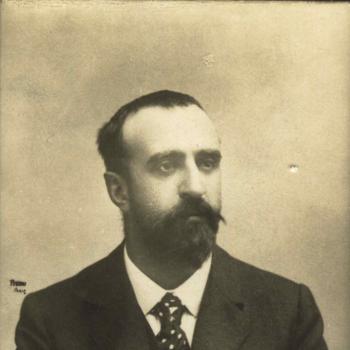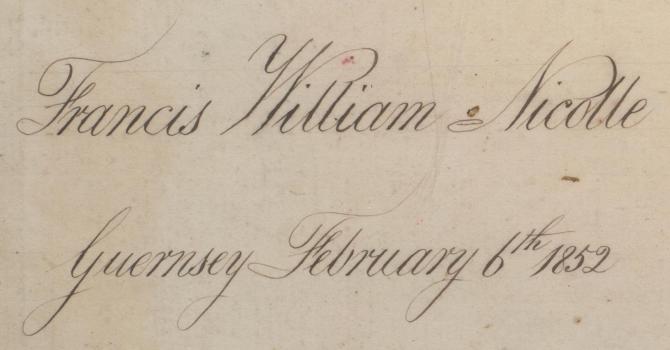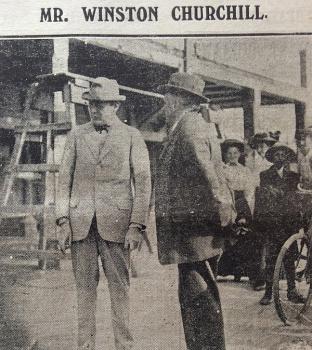The last voyage of the 'Pourquoi Pas?'/Le dernier voyage du 'Pourquoi Pas?'
6th March 2019
This account of the wreck of the Pourquoi Pas, an event greeted with immense dismay in Guernsey, where Commander Jean-Baptiste Charcot was a great favourite, was kindly written by Cédric Bail, assistant curator at Hauteville House, for the Priaulx Library 'Hauteville House and the Hugo family' exhibition of summer 2018. His original French text is included below.



